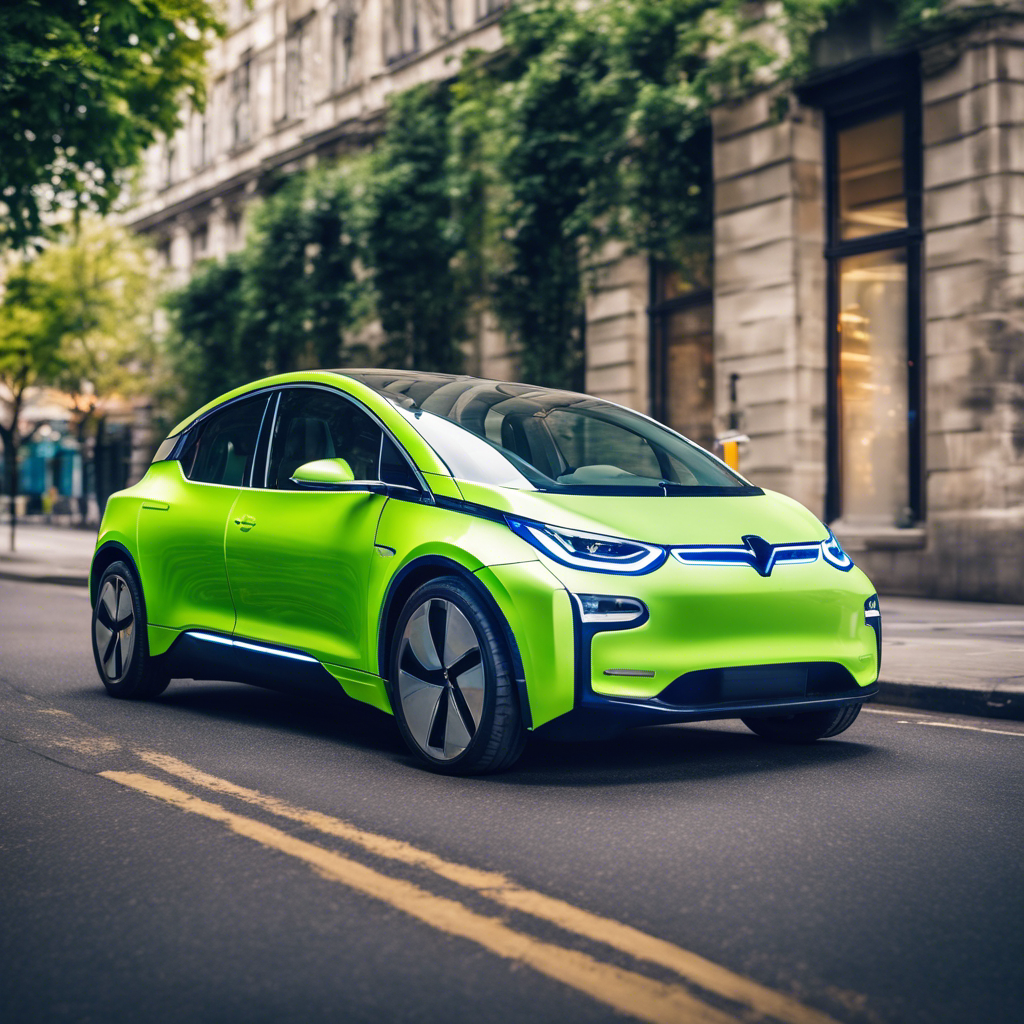The Rise of Electric Cars: From Machines to Gadgets

The EV revolution is transforming the automotive industry and redefining the concept of cars
In the midst of the smartphone era, where flip phones have become relics of the past, the rise of electric cars is poised to be the next groundbreaking technological shift. While artificial intelligence (AI) has been met with speculative hype, electric vehicles (EVs) are already reshaping the automotive industry and revolutionizing the very notion of cars. With a record number of EV sales projected for 2023 and a surge in new models hitting the market, the transition to a post-gas age is well underway. This article explores the transformative impact of EVs, the shift from machines to gadgets, and the challenges and opportunities that lie ahead.
Untethered from Tesla
For years, the narrative around American EVs has revolved around one company: Tesla. However, 2023 marks a turning point as EVs become more accessible to a wider range of consumers. The market now offers a diverse selection of EV models, ranging from luxury sedans to affordable five-seaters, SUVs, and even pickup trucks. With nearly 40 new EVs debuting since the start of 2022, these vehicles have become more advanced and efficient, offering longer ranges and enhanced features. The monopoly of Tesla is being challenged, and EVs are no longer exclusively for the upper class.
Cars as Computers
The transition to EVs goes beyond their environmental benefits. These vehicles are transforming into computers on wheels. By eliminating the traditional internal combustion engine and replacing it with electric motors, EVs become more digital than analog. The software becomes the heart of an EV, controlling various functions such as motor performance, battery range estimation, and brake optimization. Firmware updates can be easily installed over Wi-Fi, allowing for continuous improvements and new features. EVs are not just means of transportation; they are smart gadgets that offer connectivity, entertainment, and productivity features.
The Tech Industry Meets Automotive
As EVs become gadgets, automakers are transforming into tech companies. The shift from internal combustion engines to lithium-ion batteries requires substantial investment and expertise. Car companies must now manufacture batteries, develop software, and hire software engineers to navigate this new landscape. The demand for tech talent in the automotive industry has surged, leading to a convergence of skills from Silicon Valley and traditional automakers. The transition to EVs has far-reaching implications, affecting every aspect of the industry, from supply chains to manufacturing processes.
Challenges and Disruptions
While the EV revolution is well underway, there are still significant challenges to overcome. EVs remain relatively expensive compared to traditional gas-powered vehicles, limiting their accessibility to a broader consumer base. The charging infrastructure is another hurdle, with janky public chargers that are often slow or unreliable. Without access to home charging facilities, EVs remain impractical for many. Furthermore, the political landscape surrounding EVs is complex, with some politicians vowing to impede their growth. Job losses and disruptions in the automotive industry are also inevitable as the transition progresses.
The Future of EVs
Despite the challenges, the transition to EVs shows no signs of slowing down. Projections indicate that EV sales in the United States will continue to rise, reaching 1.9 million in the coming year. A wave of new models, including retro-futuristic designs and innovative features, is set to hit the market. However, the dominance of gas-powered vehicles will persist for years to come due to the lifespan of cars already on the road. The transition to EVs is a gradual process that requires a comprehensive approach encompassing affordability, charging infrastructure, and political support.
Conclusion:
The rise of electric cars represents a paradigm shift in the automotive industry. EVs are no longer just vehicles; they are gadgets that offer connectivity, advanced software, and a glimpse into the future of transportation. While challenges such as affordability and charging infrastructure persist, the transition to a post-gas age is inevitable. As automakers transform into tech companies and the skills required in the industry evolve, the future of EVs holds immense potential. The journey from machines to gadgets is well underway, and the impact of EVs on our society and the environment will continue to unfold in the years to come.

